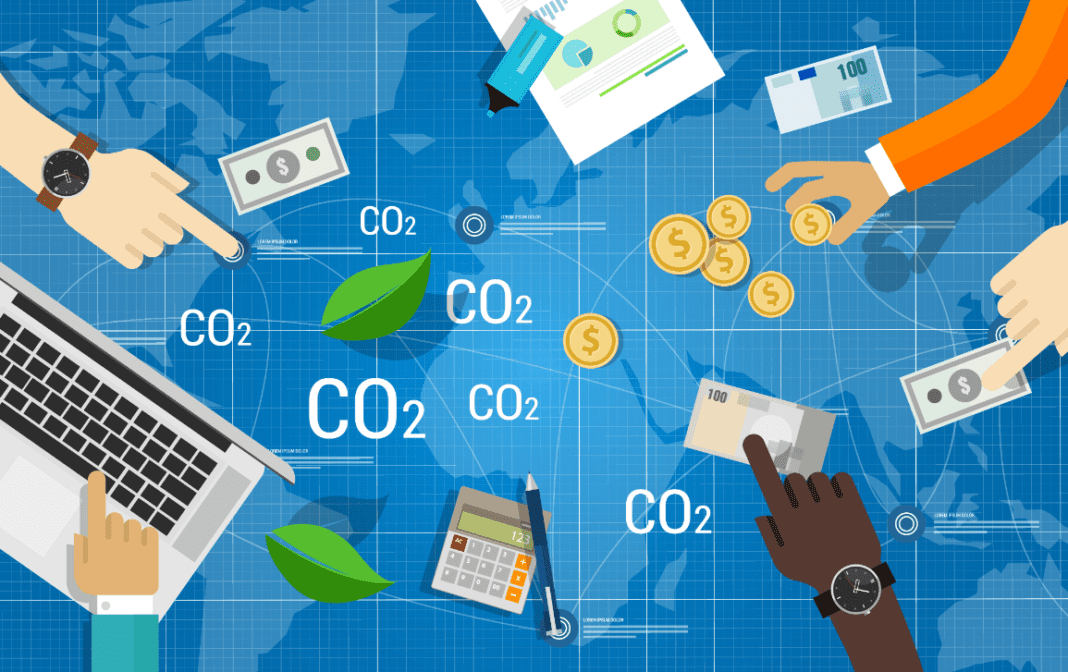The European Union’s plan to impose a tax on the carbon pollution emitted to make goods imported from countries like India and China has sparked a debate at the United Nations climate conference in Dubai, as poorer countries argue that the tax will harm livelihoods and economic growth.
Known as the Carbon Border Adjustment Mechanism, the tax wants to set a price on the carbon emitted to make energy-intensive products like iron, steel, cement, fertilizers and aluminium in non-EU countries.
The EU says this creates a level-playing field for domestically-manufactured goods that have to adhere to stricter green standards and also reduces emissions from imports. But other nations, particularly developing countries, are worried this would harm their economies and make it too expensive to trade with the bloc.
“CBAM’s sole aim is to prevent carbon leakage” elsewhere in the supply chain, European Commissioner Wopke Hoekstra said at a press conference at COP28.
He said the tax is crucial for funding and achieving the bloc’s climate goal of slashing emissions 55% by 2030.
A recent study by the United Nations Conference on Trade and Development found that a tax of USD 44 per tonnes of carbon emitted would slash pollution from the supply chain by half. It also estimated that rich countries would make USD 2.5 billion from the tax, but poorer countries might lose up to USD 5.9 billion.
The EU already caps emissions from industries that operate within its 27 countries and lets them buy “allowances” if they exceed their carbon pollution limits.
Carbon tax turns into climate fight at COP28




